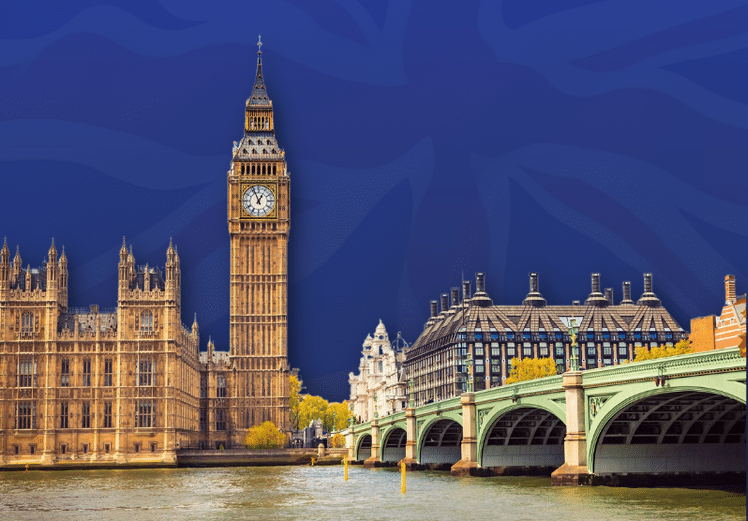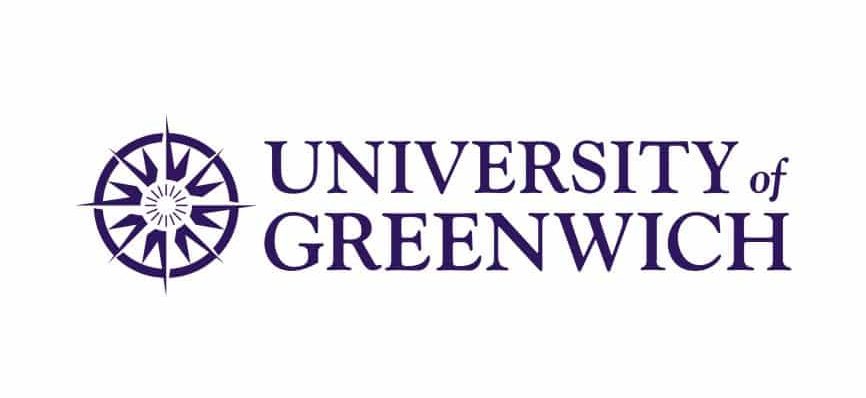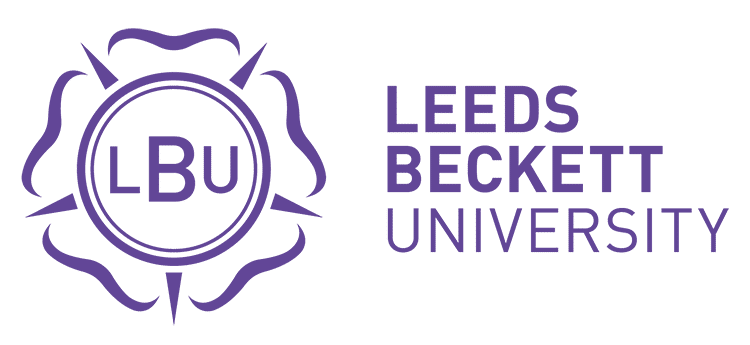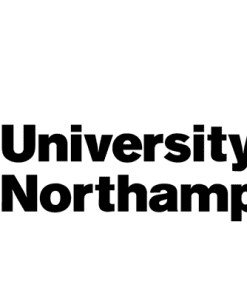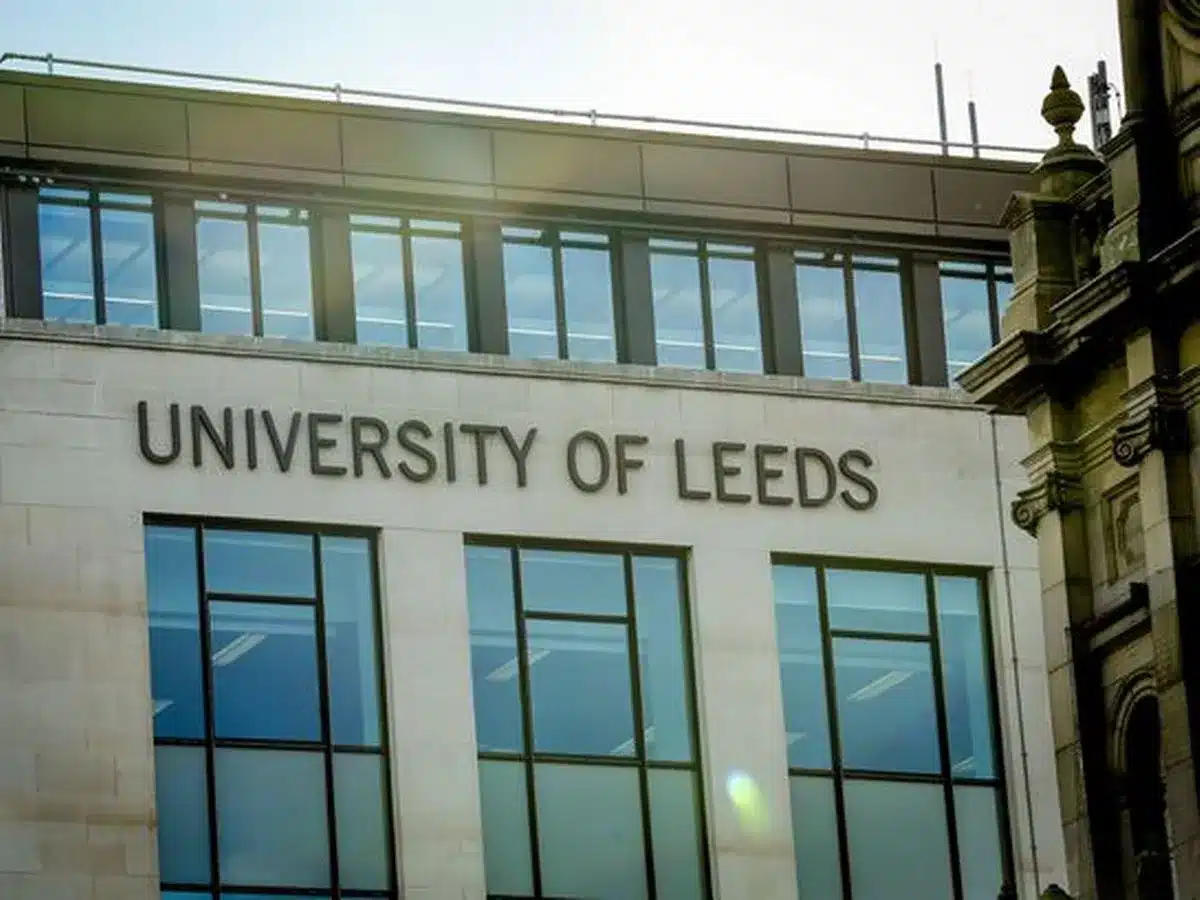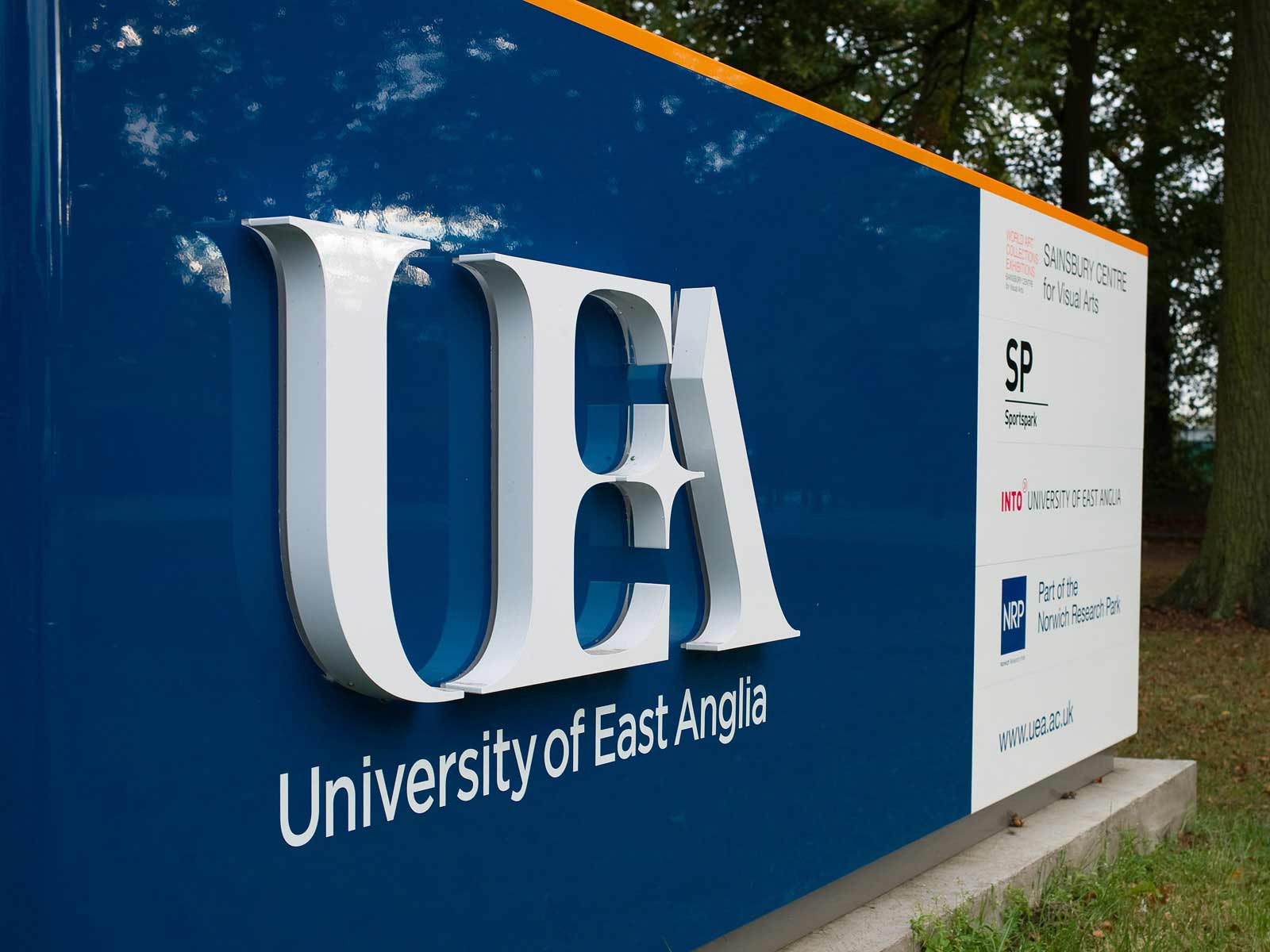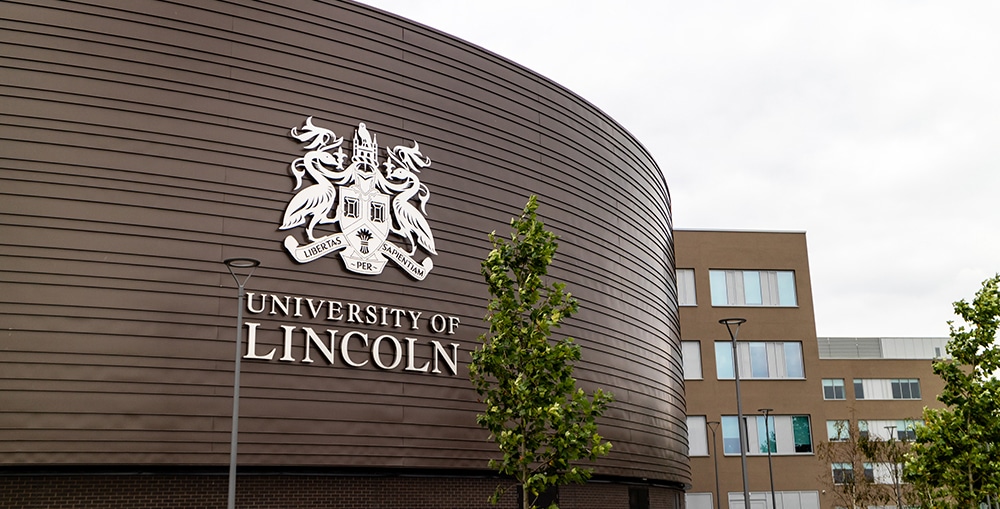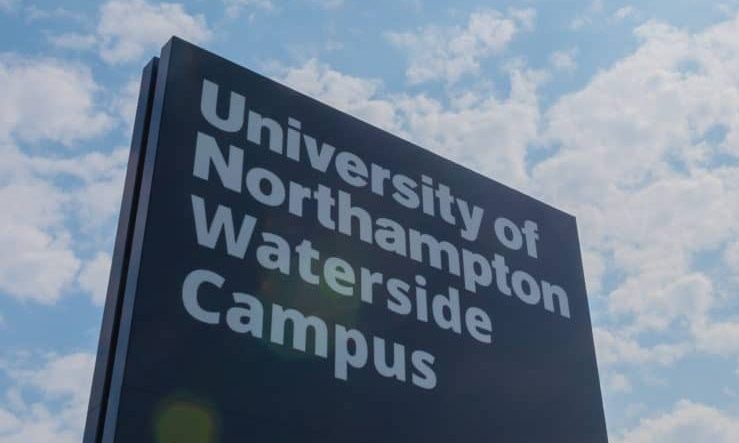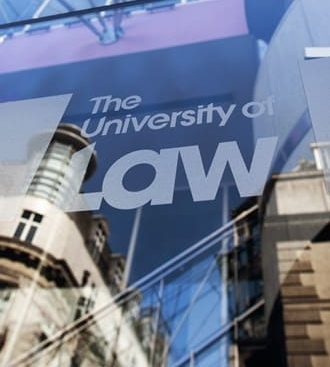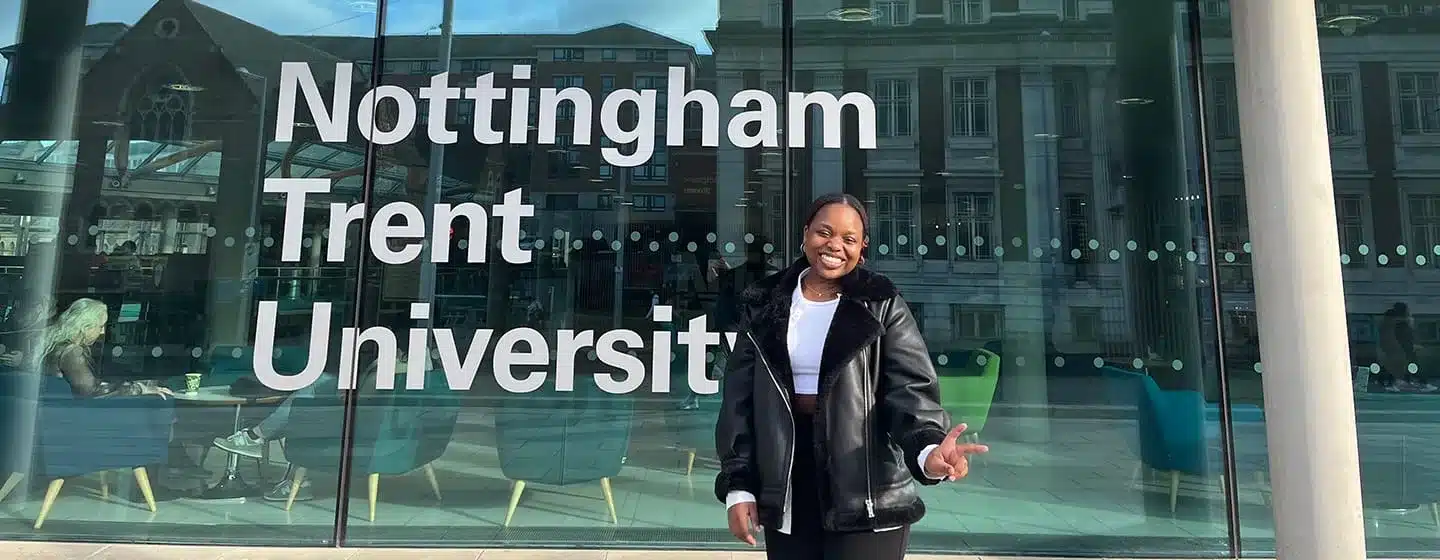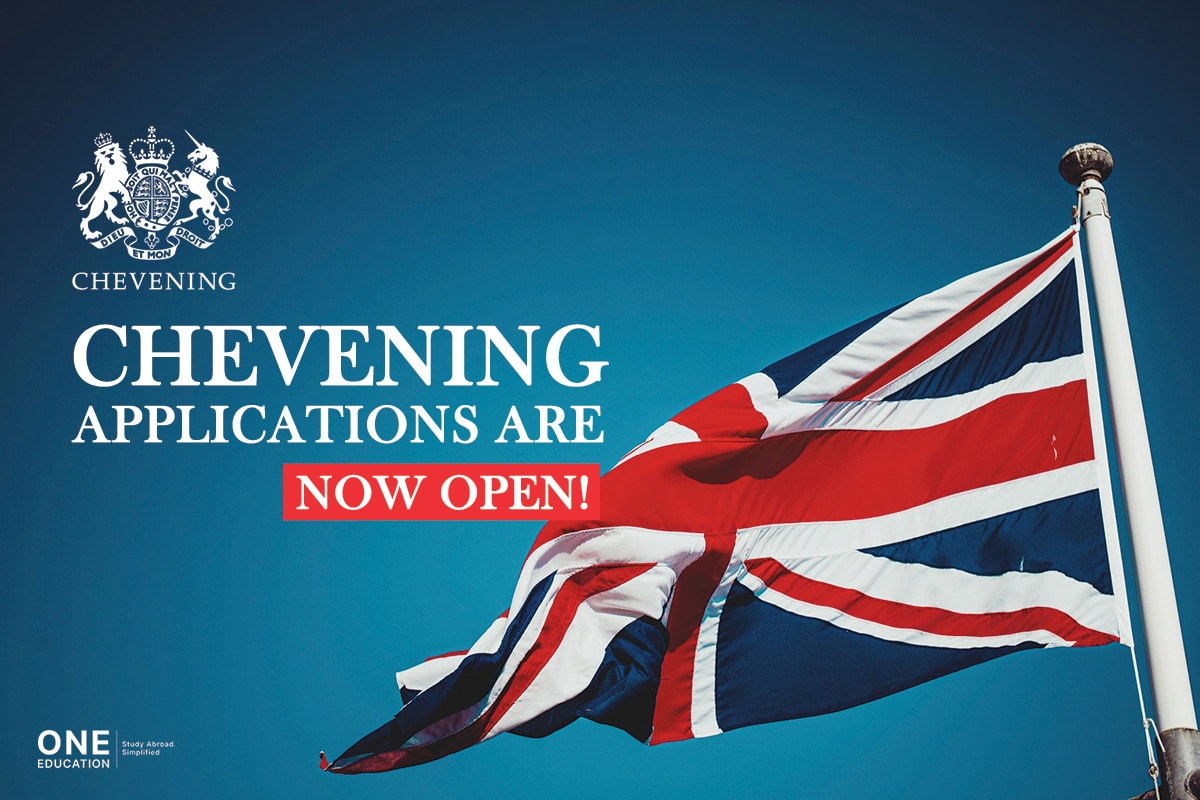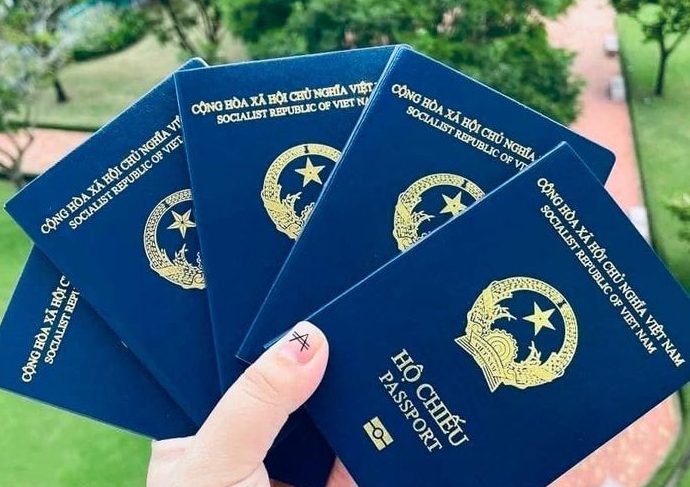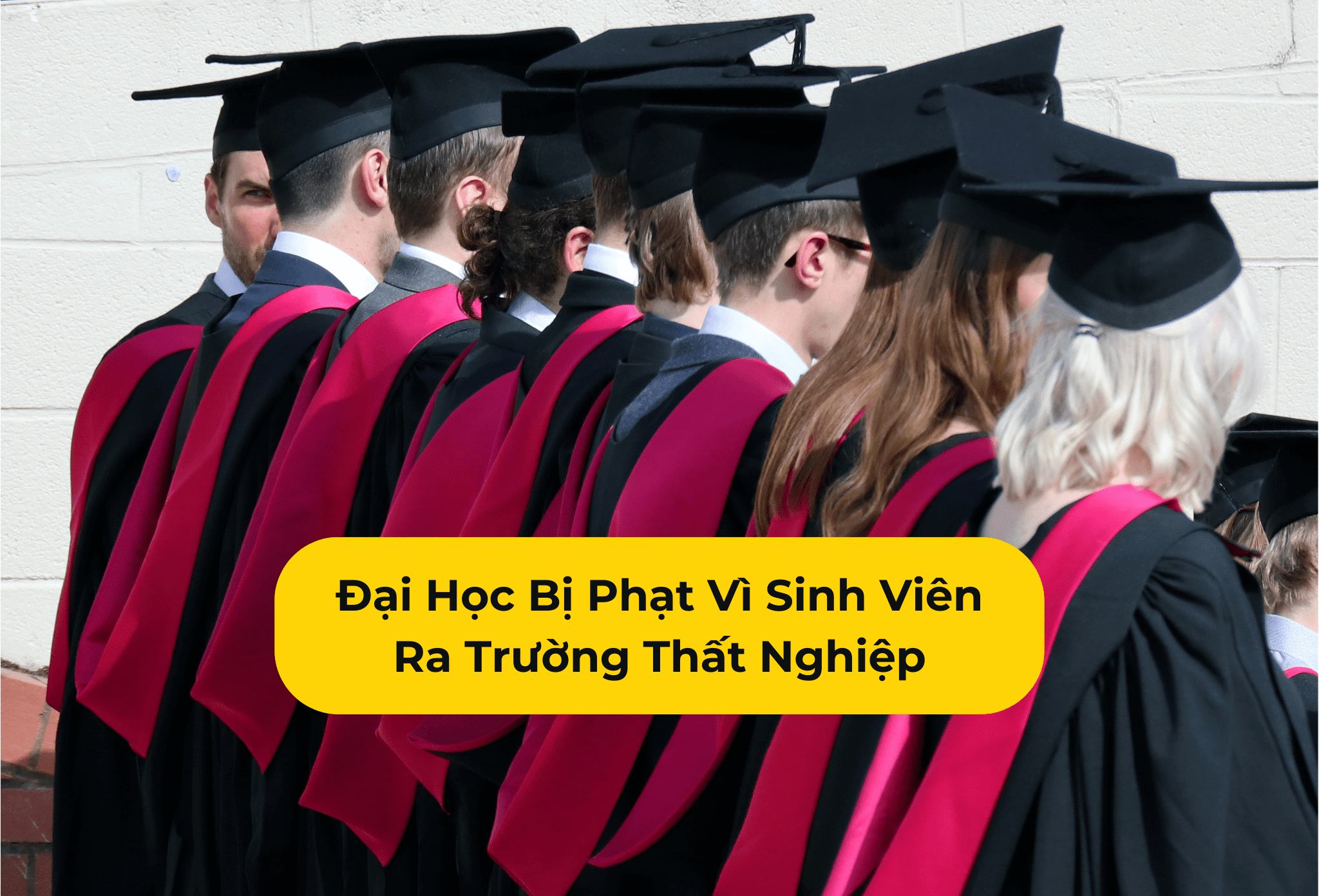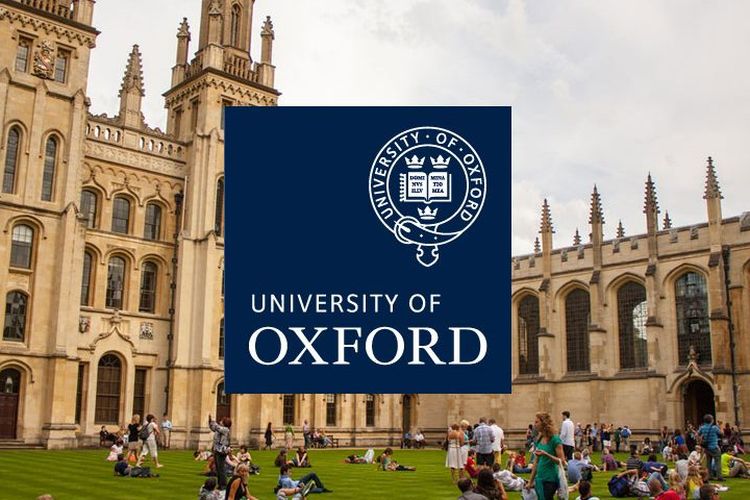GENERAL OVERVIEW OF STUDYING IN THE UK
The United Kingdom is known as "the country where the Sun never sets", a long-standing global financial center and one of the world's most influential cultural hubs. The UK is the birthplace of the most widely spoken language today—English. With PASSEDU, discover essential insights into this beautiful country and explore comprehensive study abroad programs in the UK.
General Information
- Country name: United Kingdom (UK)
- Area: 243,610 km²
- Population: 66.65 million
- Currency: Pound Sterling (GBP – £)
- Time zone: GMT (UTC+0); Summer Time: BST (UTC+1)
- Official language: English
- Historical Background
The United Kingdom, not to be confused with England, was formally established on January 1, 1801. (Historically, the term Kingdom of England referred exclusively to England). The roots of the modern UK can be traced back to the Anglo-Saxon era, when King Athelstan in the early 10th century unified neighboring Celtic kingdoms, becoming the first monarch to govern the entire island of Great Britain.
Natural Conditions
Geography
The UK’s terrain gradually descends in elevation from north to south and west to east, and can be classified into three main regions: highlands, uplands, and lowlands.
In the north, Scotland occupies one-third of the UK’s total area. Its landscape is predominantly rugged hills and hard terrain, generally unsuitable for agriculture.
Western UK features the Welsh peninsula, where most of the inland area consists of high mountains and rocky, barren hills ideal primarily for grazing. Smaller low-lying plains are found along the southern coastline, while the west and northern regions contain narrow coastal lowlands.
Northern Ireland, by contrast, is characterized by gently rolling hills and fertile plains, with an average elevation of 150–180 meters. At its heart lies Lough Neagh, the largest lake in the UK.
Climate
The UK has a temperate oceanic climate, meaning temperatures rarely fall below 0°C in winter or rise above 32°C in summer. The weather is generally damp and changeable. The coldest months are January and February, especially in coastal areas. July is typically the warmest month. The driest and most temperate periods usually occur in May, June, September, and October.
Cultural and Social Conditions
The United Kingdom has long held a tradition of welcoming immigrants from all over the world. Many of these individuals and families have chosen to settle permanently, considering the UK their home. This has fostered a society rich in diversity, integration, and cultural vibrancy. Every city across the UK serves as a cultural hub, featuring world-famous Opera houses, museums, and heritage landmarks. The UK is renowned as the birthplace of many celebrated composers, writers, artists, dancers, and actors—international icons whose work has shaped the worlds of performing arts and literature.
British people are very fond of public entertainment. Theatres, concert halls, and cinemas are common in cities and towns alike. Major sporting events are held almost every weekend. Additionally, you’ll find traditional pubs and restaurants everywhere, offering lively spaces to socialize and relax.
Economy
The United Kingdom has the seventh-largest economy in the world and ranks third in Europe, after Germany and France. Following the Industrial Revolution, Britain became the world’s largest empire. This is why, for over 300 years, it has often been referred to as the United Kingdom.
In terms of trade, the UK is a net importer, with a relatively manageable trade deficit. Trade activities with the Eurozone account for over half of the UK’s business transactions. Germany is Britain’s largest trading partner, and German goods can be conveniently transported via sea routes.
Not only is the UK one of the world’s longest-standing financial centers, but it also leads in the chemical and pharmaceutical industries and various high-tech engineering sectors, especially aviation, energy, and creative industries. London, the country’s capital, is home to the London Stock Exchange, the main financial market of the UK and one of Europe’s largest. It is also the headquarters of 100 out of Europe’s 500 largest companies.
Education System
General Education
In the UK, compulsory education is provided for students aged 5 to 16. At this level, there are two types of schools: public schools and private boarding schools.
Public schools are funded by the government and provide free education. However, they typically do not accept international students. Private boarding schools, on the other hand, enroll international students. Tuition fees cover accommodation, meals, textbooks, school supplies, and basic extracurricular activities such as sports and music.
Bachelor Preparation
After obtaining GCSE certificates with grades from A* to C in at least 5 subjects, students can continue into pre-university programs. Common pathways include:
A Levels (lasting 18–24 months): This is the most popular qualification among UK and international students for university entry. Grade 10 and 11 students in Vietnam who have strong academic records and good English skills can apply to A Level courses. It is considered the traditional route to UK universities.
International Baccalaureate (IB): A two-year program recognized as an alternative to A Levels for university admission in the UK. Students must complete three higher-level subjects and three standard-level subjects, Theory of Knowledge, an extended essay, and participate in a course named Creativity, Action, and Service.
Higher National Diploma (HND): is a national qualification — a higher education credential in the United Kingdom — that focuses directly on professional and vocational skills. This program is offered by colleges and educational institutions across the UK. HND courses are offered by colleges and educational institutions and take two years full-time or three to four years part-time to complete.
Foundation Course: Designed to bridge the gap between existing qualifications and UK undergraduate requirements, these courses typically last one year.
Bachelor
Bachelor programs are designed for students aged 18 and above. The program lasts 3 to 4 years. Upon completion, students are awarded either an Ordinary Bachelor’s degree or an Honours Bachelor’s degree. Each academic year is divided into two to three terms.
Postgraduate Programs
A wide range of postgraduate courses in the UK allows you to choose freely. You can begin with a Postgraduate Diploma (PG Dip), progress to a Master’s degree, or start with a Master of Research (MRes) before continuing to a PhD program. You have complete flexibility in selecting your pathway.
Pre-Master’s Courses
Pre-Master’s programs can last from one term up to one academic year. They include academic study, cultural orientation, and English language training. These courses are essential if your qualifications or English proficiency do not yet meet UK Master’s entry requirements. Many Pre-Master’s courses guarantee progression to a Master’s degree at designated universities.
Postgraduate Certificate/Diploma (PG Cert/Dip)
Postgraduate Certificates and Diplomas are taught postgraduate qualifications that typically last one year and do not involve research components. They are widely recognised by employers as professional credentials and provide an excellent foundation for career advancement.
Master’s Degrees (MA, MSc, LLM, Med, etc.)
Master’s degrees usually last one year and comprise two parts: coursework (including lectures, seminars, essays, and exams) and a dissertation project. Students are expected to complete several modules and conduct independent research.
Research Master’s Degrees (MRes, MPhil)
For research-based Master’s degrees in the UK, you typically will not attend regular classes. Instead, you will dedicate the entire year to conducting research. Your final grade will be determined primarily by the quality of your dissertation.
Master of Business Administration (MBA)
The MBA is a highly specialised Master’s program focused on business management. It provides excellent opportunities to develop advanced leadership and management skills. This is one of the most recognised and popular postgraduate qualifications.
Doctoral Programs (PhD)
The PhD, or Doctor of Philosophy, usually takes three to four years to complete. During this time, you will conduct original research on a chosen topic. In your final year, you must submit a dissertation of up to 100,000 words.
Doctoral programs are typically structured to include some taught components as well as interdisciplinary research training opportunities.
Leading Academic Disciplines
With one of the world’s leading education systems, the UK offers international students extensive options when choosing a major. Selecting one of the following fields will help you expand your future career prospects:
- Business
- Finance – Accounting
- Law
- Fashion
- Media and Communication
- TESOL
- Medicine and Pharmacy
Study Abroad Costs in the UK
Tuition Fees in the UK
- Pre-University programs: £10,000 – £15,000 per year
- Bachelor programs: £12,000 – £18,000 per year
- Pre-Master’s courses: £10,000 – £15,000 per year
- Master’s programs: £12,000 – £18,000 per year
UK Study Abroad Scholarships
|
No. |
University |
Tuition Fee |
Scholarship Program |
Requirements |
Scholarship Value |
|
1 |
University of Lincoln |
£15,600 |
The Lincoln 50% Global Scholarship |
IELTS 6.0 (no skill below 5.5) and a 450-word essay |
50% |
|
2 |
Nottingham Trent University |
£16,400 |
Nottingham Trent University International and EU Scholarship |
IELTS 6.5 (no skill below 5.5) and three 300-word essays |
25% – 50% |
|
3 |
Bournemouth University |
£14,500 |
Faculty of Management Executive Dean’s Scholarship (hạn đến 31/10) |
IELTS 6.5 (no skill below 5.5) and one 300-word essay |
50% |
|
4 |
Sheffield Hallam University |
£13,905 |
Transform Together Scholarships |
IELTS 6.0 (no skill below 5.5) and a 500-word essay |
50% |
|
5 |
University of Northampton |
£13,750 |
The International Graduate Scholarship (hạn đến 31/10) |
IELTS 6.5 (no skill below 5.5) and an interview |
50% |
|
6 |
University of Gloucestershire |
£14,700 |
International Postgraduate Merit Scholarships |
IELTS 6.0 (no skill below 5.5) |
50% |
Living Expenses
- Accommodation: £300 – £600 per month
- Food and transportation: £150 – £300 per month
- Books and study materials: £100 – £300 per year
- Insurance: £300 per year
Estimated total living expenses: approximately £7,000 – £10,000 per year
Job Opportunities
Part-time jobs not only provide a decent source of income to help students cover their living expenses while studying in the UK but also offer valuable experiences, learning opportunities, and make your CV more impressive after graduation. According to regulations, students over 18 years old are allowed to work up to 20 hours per week; students under 18 can work up to 10 hours per week; and up to 40 hours per week during holidays.
Common part-time jobs for international students in the UK include working in restaurants, retail stores, sorting mail, translating, and teaching Vietnamese. The basic hourly wage for students aged 21–24 is £8.2 per hour. Depending on the nature of each job and individual skills, the actual salary may vary.
In addition, in September 2019, the UK government announced that starting from the 2020/2021 academic year, international students who complete a bachelor’s degree in the UK can stay for an additional two years to continue studying or working. This new policy aims to create more employment opportunities, talent assessment, and professional experience for students who wish to remain in the UK after graduation. Moreover, it helps increase the attractiveness of studying in the UK to international students and supports talented individuals in building their careers.
The UK has the fifth-largest economy in the world, after the USA, China, Japan, and Germany. With such a dynamic and diverse economic environment, finding job opportunities here is much easier.
Leisure and Entertainment
Holidays
The academic year in the UK typically lasts 190 days and is divided into three terms, each followed by a main holiday. Additionally, most schools offer breaks between terms, so students enjoy multiple holidays throughout the year. UK holiday dates are set by local authorities and schools and are published annually on their websites.
The longest holiday usually lasts between 5–7 weeks, typically starting in late July and ending in early September. Students also have two weeks off during Christmas (from late December to early January) and a break for Easter (in March or April). In addition, during each term, students are granted 4–7 days of mid-term holidays in October, February, and May.
Cuisine
British cuisine is known for its variety and diversity. Dishes often lean towards delicate, simple flavours rather than elaborate preparations. However, attention to detail and the use of high-quality ingredients make them truly distinctive.
Traditional British foods include ice cream, fish and chips, falafel, cornish pasty, apple crumble, and more. Studying in the UK wouldn’t be complete without trying these local favourites.
Attractions
The land of mist has always held a mysterious allure. Each major city in the UK possesses its own unique charm. There are countless fascinating places to explore: vibrant London with the iconic Big Ben and the world-famous London Eye; Birmingham, a city that blends traditional beauty with modern dynamism; Canterbury, which combines contemporary style with the rich character of a coastal town; and Manchester, a lively and bustling city. These are among the top destinations that attract international students choosing to study in the UK.
Conclusion
With its distinguished education, rich cultural heritage, long-standing traditions, and prosperous economy, the United Kingdom is the best choice for those who love to experience centuries-old traditions while staying at the forefront of modern trends.
The UK has always been—and will continue to be—“the promised land” for young people who aspire to pursue higher knowledge and build successful careers. We hope that the information shared by PASSEDU will provide you with useful insights and inspire you to stay determined and confident on your journey to make your dream of studying in the UK come true!
For more detailed information about studying in the UK, please contact PASSEDU for free consultation and answers to all your questions. We wish you great success! PASSEDU để được tư vấn và giải đáp thắc mắc miễn phí nhé! Chúc các bạn thành công!

